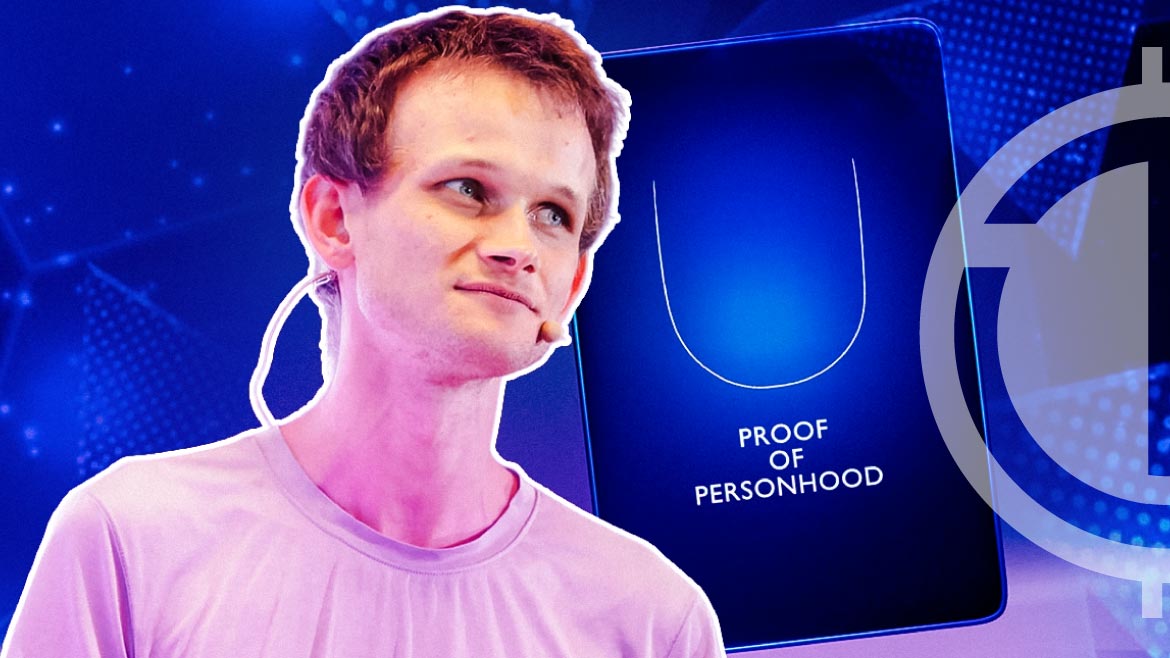- Vitalik Buterin, co-founder of Ethereum, expresses concerns about WorldCoin’s biometric proof-of-personhood system as the cryptocurrency launches on Binance.
- The Worldcoin Foundation announces the completion of the WorldCoin project’s protocol migration to the OP Mainnet.
- Buterin highlights the significance of proof of personhood in preventing anti-spam and anti-concentration-of-power issues.
In a recent blog post, Vitalik Buterin, the co-founder of Ethereum, the prominent decentralized blockchain, shared his reservations about the biometric proof-of-personhood system developed by WorldCoin, a cryptocurrency backed by Sam Altman. The announcement came as WorldCoin went live on the renowned cryptocurrency exchange, Binance.
What do I think about biometric proof of personhood?https://t.co/yozo1buW24
— vitalik.eth (@VitalikButerin) July 24, 2023
Buterin praised the concept of proof of personhood for its potential to address anti-spam and anti-concentration-of-power issues without relying on centralized authorities. He emphasized the importance of minimal information disclosure to maintain privacy and independence in the system.
The Worldcoin Foundation revealed a significant development today, completing the protocol’s migration to the OP Mainnet. This advancement paves the way for expanding Orb sign-ups for World ID across 35 cities in 20 countries worldwide. Sam Altman, co-founder of Open AI, the organization responsible for developing ChatGPT, is closely associated with Worldcoin.
The Ethereum co-founder highlighted the risks associated with the absence of a robust proof-of-personhood system, warning of potential manipulation by wealthy actors and hostile governments in decentralized governance.
Several applications currently rely on government-backed identity systems such as credit cards and passports to tackle these concerns. However, Buterin acknowledged the trade-offs, as these systems sacrifice privacy and could be exploited by governments. He listed four major risks, including privacy breaches, limited accessibility, potential centralization, and security vulnerabilities.
Speaking about privacy concerns, Buterin mentioned the possibility of revealing more information through iris scans. On the topic of accessibility, he raised a crucial point that World IDs would not be reliably accessible unless there were widespread Orbs to ensure easy access for everyone.
When it comes to security vulnerabilities, Buterin has pointed out several potential risks. These include hacking into users’ phones, forcing them to undergo fraudulent iris scans, and using 3D printing to create “fake people” in order to bypass iris scans and obtain World IDs.
Buterin emphasized that there is no one-size-fits-all solution for proof of personhood and suggested a combination of different approaches for a more effective system. He underlined that any proof-of-personhood system must address the challenge of linking real-world identities to individuals’ actions. To mitigate this issue, Buterin proposed utilizing zero-knowledge-proof technology.
As WorldCoin’s biometric proof-of-personhood system goes live on Binance, Buterin’s critique has drawn attention to the complexities and potential risks associated with such identification mechanisms. The cryptocurrency community awaits further developments and improvements in this evolving technology.






